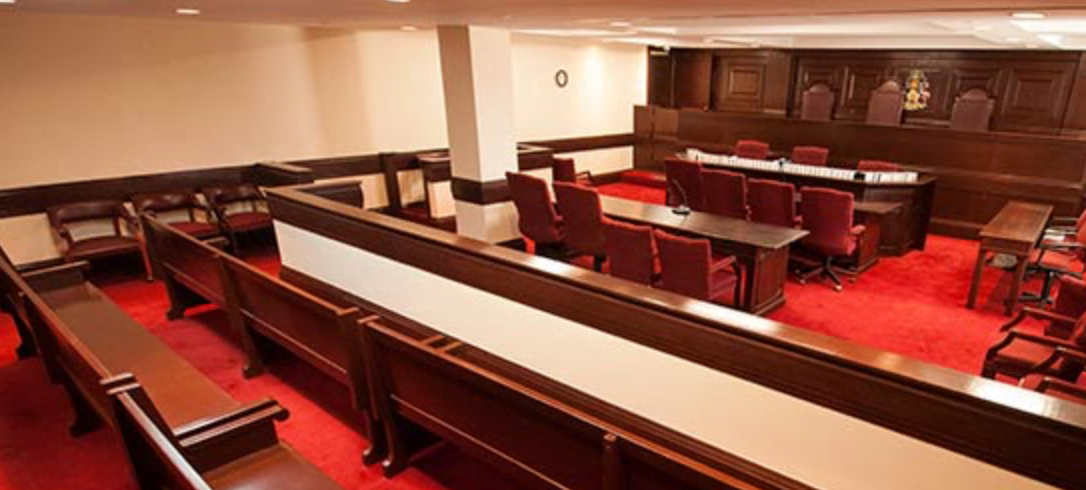Ruling says courts conducting criminal trials must not be overly concerned with delay
NASSAU, BAHAMAS — Two men convicted and sentenced in connection with the December 2013 murders of a woman and her boyfriend will be released from prison after the appellate court quashed their convictions yesterday.
Tishka Braynen and her boyfriend Senior Immigration Officer Shane Gardiner were killed “execution style” with a bullet to each of their heads, according to court documents.
Zintworn Duncombe was convicted in March 2016 with two counts of murder, kidnaping, and attempted armed robbery.
His alleged co-conspirator, Cordero Saunders, was convicted in January 2017 of two counts of kidnapping, attempted armed robbery and conspiracy to commit armed robbery.
According to court documents, Braynen was at Gardiner’s Love Hill, Andros, home on November 24, 2013, when they were both kidnapped and taken to Newbold Farm and shot.
Gardiner was buried in shallow grave, and Braynen’s body was dumped in a hole around six feet deep.
Two men hunting hogs in the area around a month later discovered Braynen and Gardiner’s decomposed remains.
The men appealed on the grounds the judge failed to properly investigate the matter of the verbal altercation between the forewoman and an alternate juror; failed to advise the jury that the prosecution’s witness had an interest to serve; and failed to issue summonses for two of the defence witnesses as requested by the appellant’s counsel.
The appellate court said the appeals must be allowed as both fell within the meaning of “unsafe”.
It said the altercation between the forewoman and the alternate juror was a matter internal to the jury, and it was incumbent that the judge follow procedure and allow the jury be questioned in open court through their foreman to ascertain whether as a body, it anticipated bringing a truthful verdict according to the evidence.
“The procedure was not adopted by the judge,” the court determined.
“I am constrained to conclude, therefore, that the investigation by the judge into the altercation that occurred between the forewoman and the alternate juror constituted a material irregularity during the trial.”
As it relates to the summonses, the appellate court said it was obvious the judge’s refusal to issue the summons for Duncombe’s witnesses was because she was “conscious of the time the case had already taken to finish, and was anxious not to further displace cases she had already fixed for hearing”.
The Court of Appeal ruled that “expedience cannot overpower an accused person’s undoubted constitutional right to a fair hearing”.
“It must be impressed upon tribunals conducting criminal trials that they must not be overly concerned with delays that may be caused by the necessity to have a defence or prosecution witness come to court to testify, unless it is clear in the circumstances that the request is made for the purpose of the delay,” read the ruling.
The appellate court said it will hear the parties on the issue of a re-trial.






